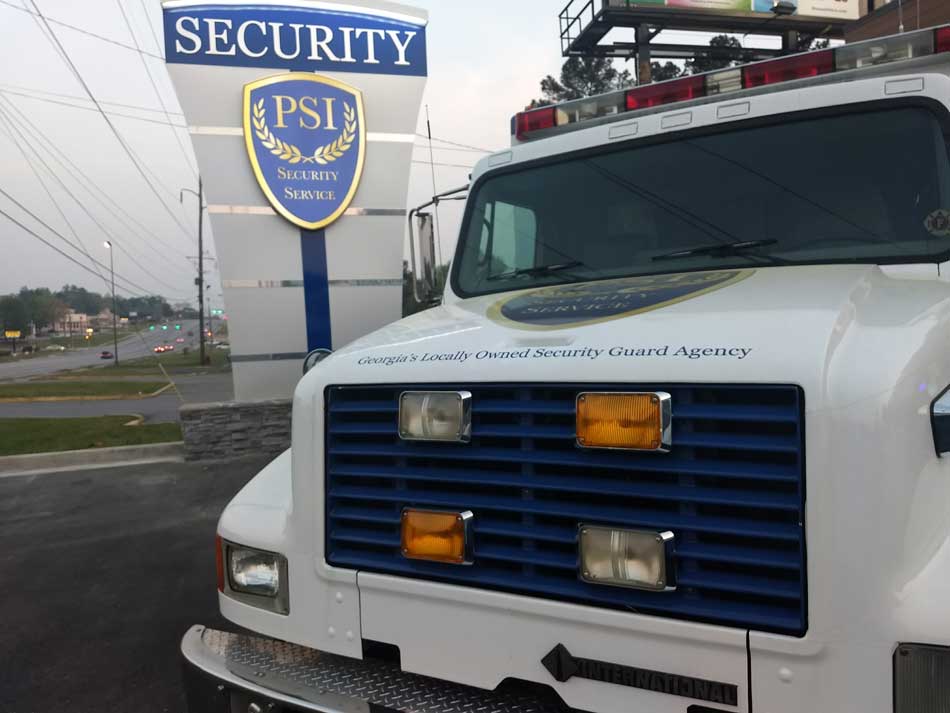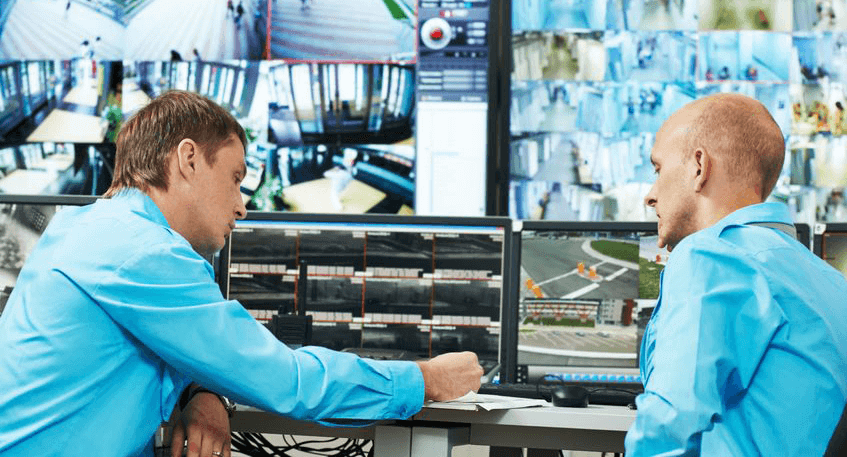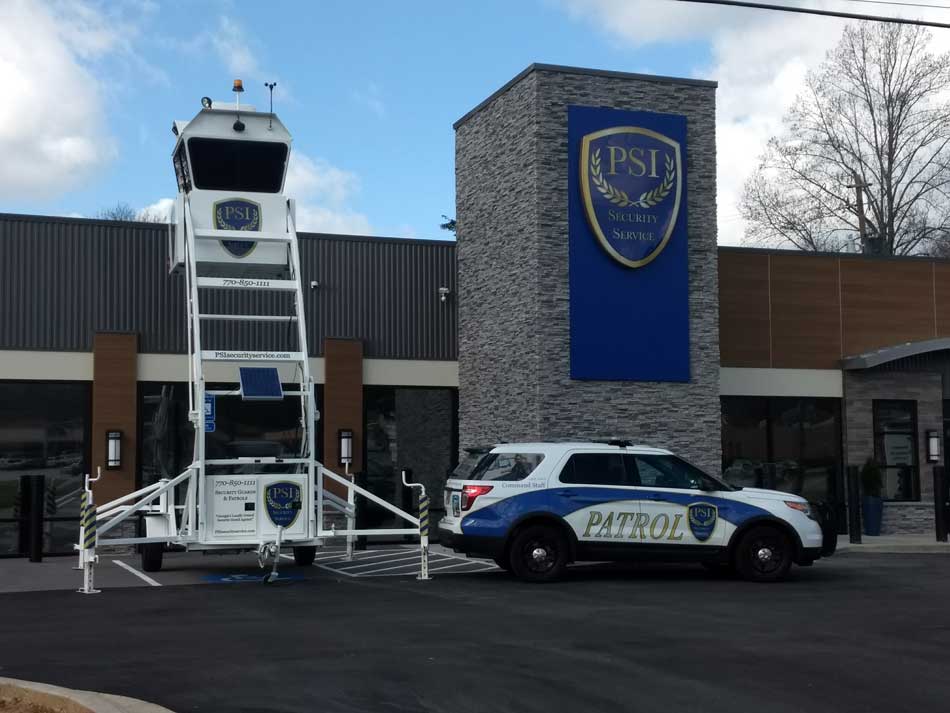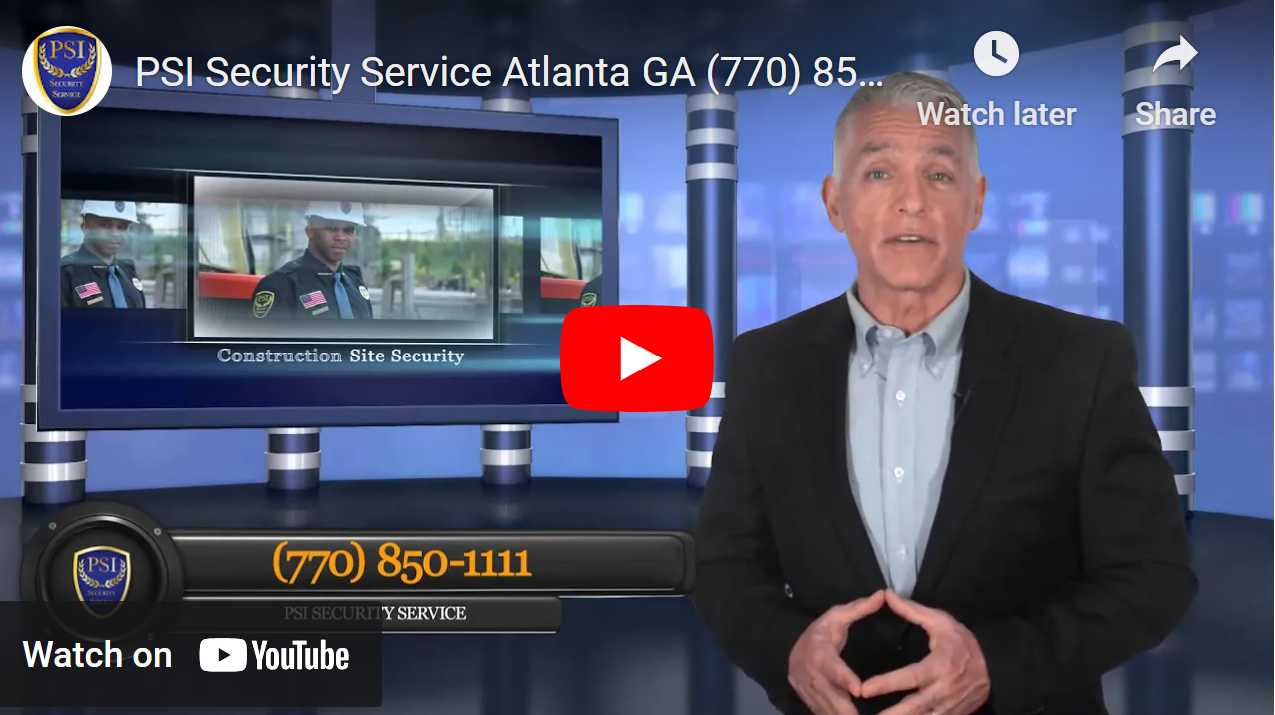Mobile surveillance units are among the most effective and cost-efficient solutions for managing security in isolated or vulnerable locations. These units provide powerful protection for remote job sites, events, and properties where traditional security measures fall short.
Key Takeaways:
– Mobile surveillance units deliver 24/7 monitoring without needing full-time staff.
– Mobile surveillance trailers and vehicles are ideal for construction, infrastructure, and temporary event sites.
– These systems can deter theft, vandalism, and unauthorized access.
– Learn how to maximize the impact of mobile surveillance with expert tips and guidance.
How Mobile Surveillance Vehicles Protect Remote Areas
A mobile surveillance vehicle is a versatile tool designed to bring real-time monitoring capabilities to locations without permanent infrastructure. These vehicles are typically outfitted with high-resolution cameras, thermal imaging, night vision, loudspeakers, and remote access controls.
They are instrumental in:
– Construction zones where expensive equipment is left unattended.
– Oil and gas sites are prone to trespassing or environmental hazards.
– Disaster response areas where temporary but reliable security is essential.
Unlike fixed cameras, mobile surveillance vehicles can be redeployed quickly across multiple areas, offering maximum flexibility without compromising coverage.
Mobile Surveillance Trailers: Flexible and Reliable
A mobile surveillance trailer serves the same goal as a vehicle but is often stationary, trailer-mounted, and solar-powered. These trailers are ideal for long-term site monitoring and can be deployed without wiring or external power.
Benefits include:
– Quick setup within minutes.
– Motion detection with instant alerts.
– Integration with remote viewing systems.
– Ability to operate in extreme weather conditions.
Construction companies, utility providers, and event planners often prefer trailers because they can remain on-site for weeks or months at a time.

Use Cases for Mobile Surveillance Units
Mobile surveillance units are now used across various industries and scenarios. Here are a few examples:
– Construction Sites: Prevent material theft, monitor contractor activities, and record incidents for liability protection.
– Critical Infrastructure: Secure substations, pipelines, and water treatment facilities that are prime targets for sabotage.
– Large Events: Monitor entry points, manage crowd flow, and deter criminal activity during festivals, rallies, or sporting events.
– Vacant Properties: Watch over foreclosed or abandoned properties to prevent illegal dumping or squatting.
– Agricultural Lands: Guard remote farms against wildlife intrusion or equipment theft.
With customizable solutions, these units are scalable to large and small-scale operations.
Pro Tips for Maximizing Mobile Security
1. Choose Units with Remote Access
Select mobile surveillance units that allow live feed access from a smartphone or laptop. This gives you real-time control and peace of mind, especially when managing multiple locations.
2. Leverage Audio Deterrents
Models with two-way audio or loudspeakers can warn off intruders in real time, adding an extra layer of proactive security.
3. Use Solar Power for Sustainability
Mobile surveillance trailers with solar panels reduce operational costs and ensure round-the-clock coverage even in power-restricted areas.
4. Place Units Strategically
Position units where they have a clear line of sight, minimal obstruction, and cover all high-traffic or high-value zones.
5. Monitor Performance Regularly
Run weekly system checks to ensure cameras, sensors, and batteries function optimally.

Choosing the Right Mobile Surveillance Solution
When evaluating which system to invest in, consider the following:
– Mobility Needs: A mobile surveillance vehicle offers greater portability if your site changes frequently.
– Duration of Coverage: For projects lasting more than two weeks, a solar-powered mobile surveillance trailer may be more cost-effective.
– Weather Conditions: Ensure the unit is rated for your environment, such as rain, wind, or extreme heat.
– Monitoring Options: Decide if you’ll manage it in-house or work with a professional monitoring service.
Also, compare rental vs. purchase options. Many businesses prefer short-term rentals to avoid long-term maintenance responsibilities.
Final Notes
Mobile surveillance units are no longer just a luxury—they are a strategic necessity for protecting high-value assets and ensuring operational continuity in remote or temporary environments. Their flexibility, scalability, and robust features make them a top choice across industries.
At the PSI Security Service, we have been a leader in mobile surveillance solutions since 1989, proudly serving the Atlanta metro area. Whether you need a temporary setup for an event or long-term protection for a job site, our expert team is here to help. Call us at (770) 850-1111, or click here to message us.
Mobile Surveillance Units FAQs
What are mobile surveillance units?
Mobile surveillance units are self-contained, transportable systems equipped with cameras, motion sensors, and sometimes audio or alarm features to provide real-time monitoring in remote or temporary locations.
How does a mobile surveillance system work?
These systems use wireless cameras, sometimes paired with solar power and mobile networks, to transmit live footage to a central hub or remote access platform. They may include features like motion detection, infrared, and cloud storage.
What are the three types of surveillance?
The main types include physical surveillance (in-person observation), technical surveillance (use of devices like cameras or GPS), and cyber surveillance (digital activity monitoring).
What are the principles of surveillance?
Key principles include legality, necessity, proportionality, transparency, and accountability. Effective surveillance also involves continuous assessment and clear data handling protocols.
How does surveillance work?
Surveillance involves observing people, places, or activities using cameras, sensors, or software. The collected data is analyzed for security, safety, or operational purposes.


